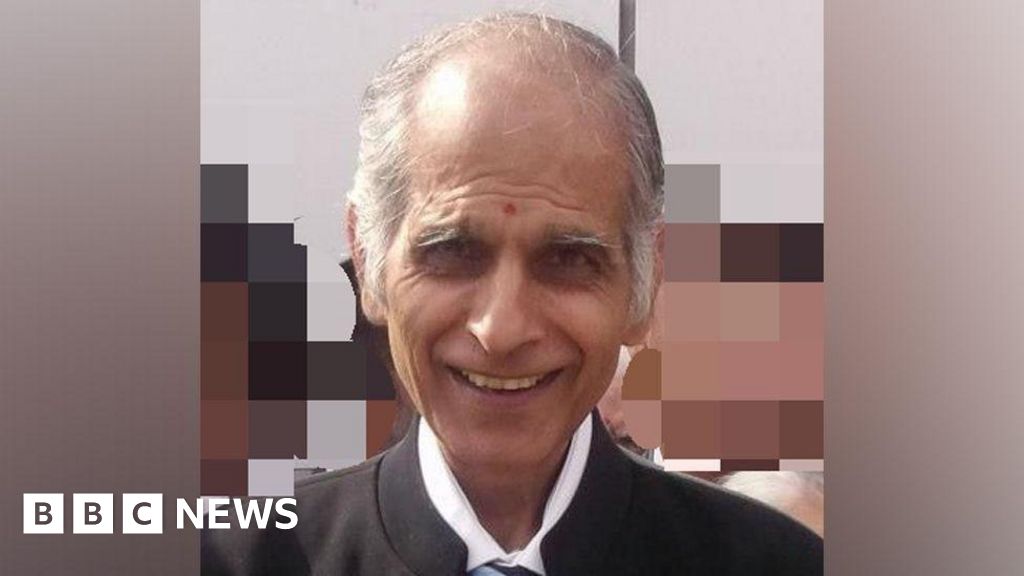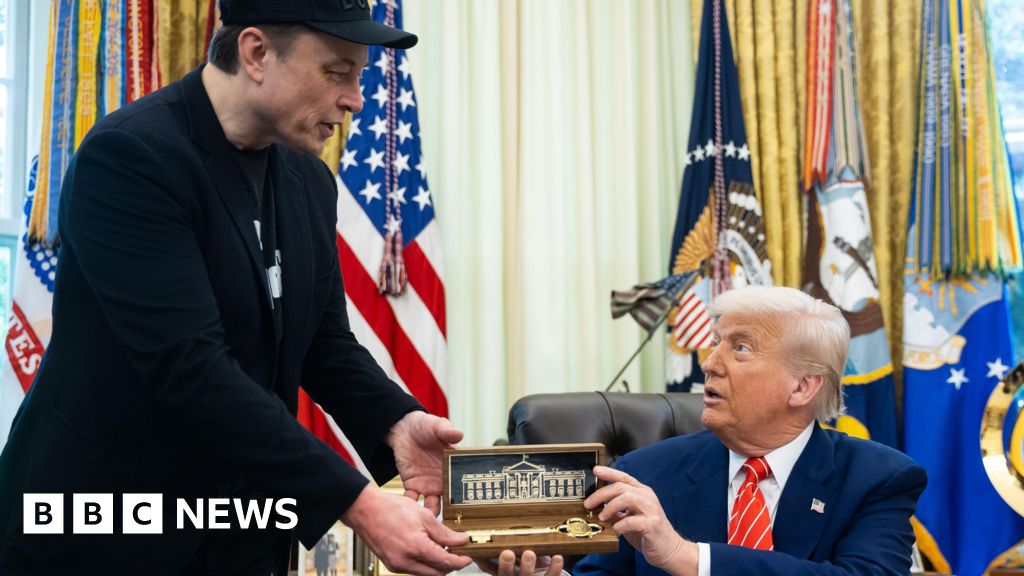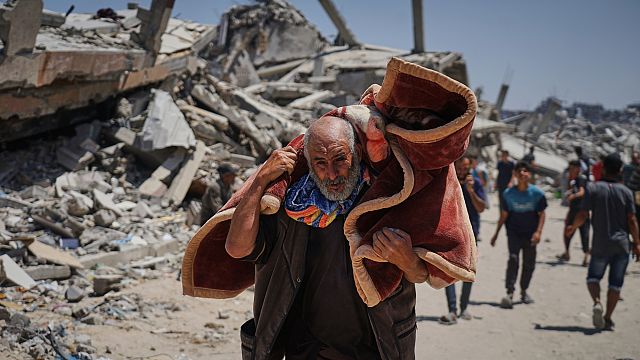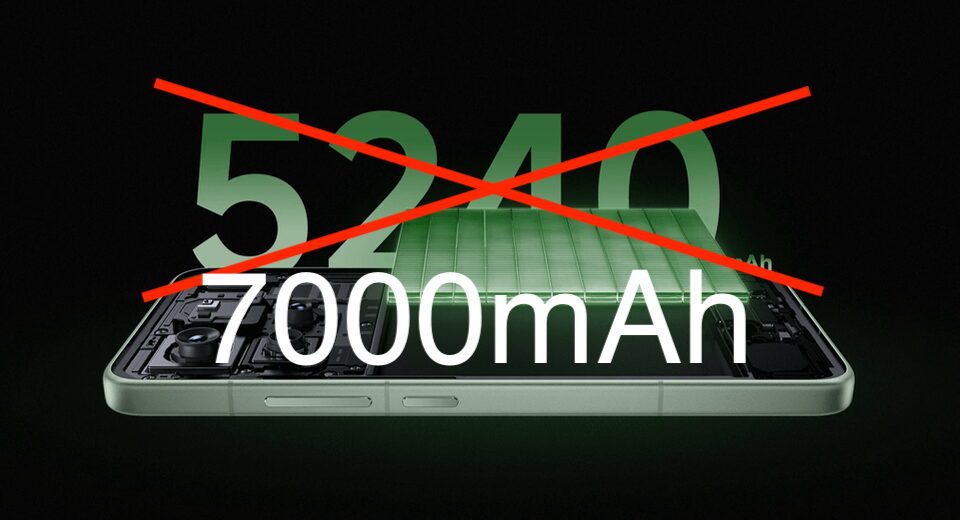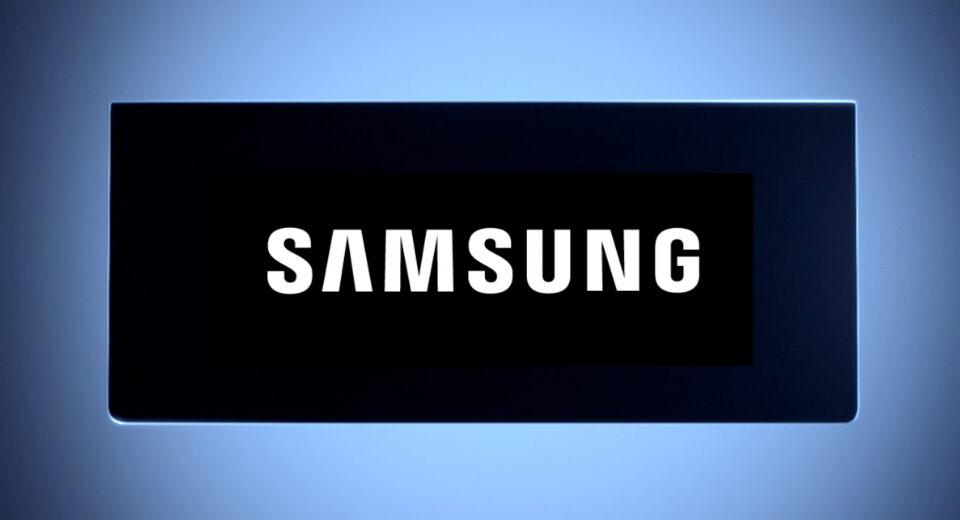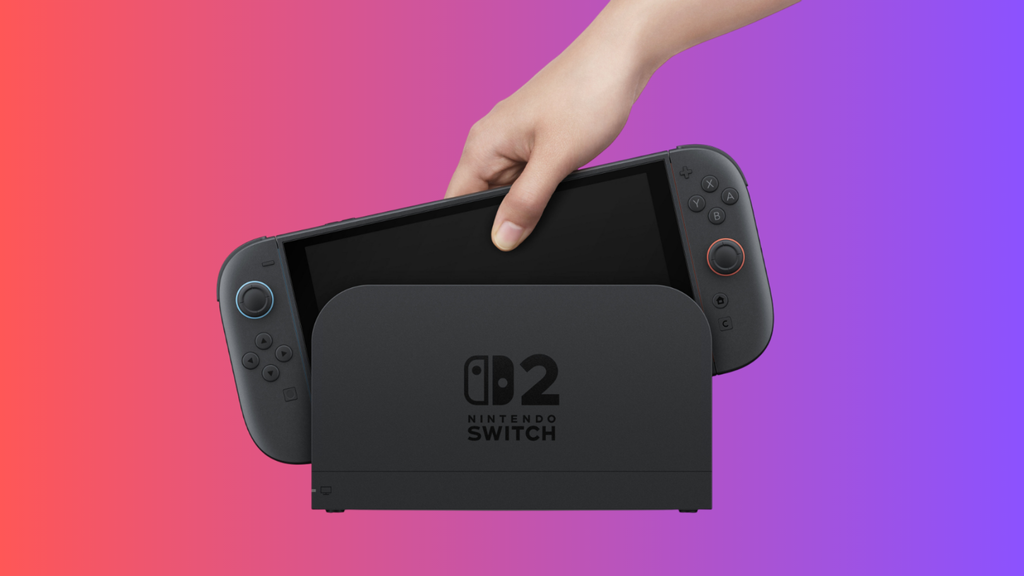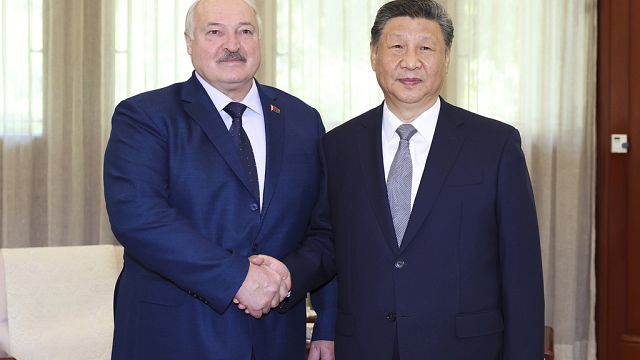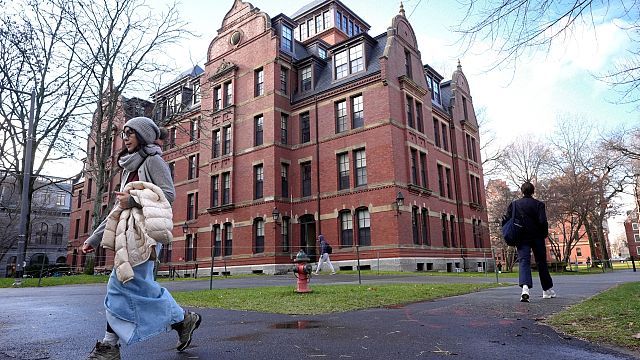Trump’s Domestic Policy Bill Could Hurt Global Poor, Especially Africa


After slashing foreign assistance and introducing steep tariffs, the Trump administration is proposing a new tax on remittances. African nations would be among the hardest hit. The Trump administration’s “One Big, Beautiful Bill” could make the United States the most expensive of the Group of 7 countries from which to send money, dealing another blow to poor nations already reeling from recent aid cuts. As part of the bill, the U.S. government would take a cut of all remittances sent to foreign nations, a move that would hit millions of families worldwide who rely on money sent from loved ones working in America. Latin American countries would lose several billion dollars if the bill passes the Senate. But for African nations, where poverty levels are far higher, remittances are even more of a lifeline. The bill’s passage would be the latest sign of a U.S. retreat from Africa, coming on the heels of the gutting of the Agency for International Development and the introduction of steep tariffs after decades of preferential trade agreements on the continent. People receiving remittances from abroad are, like aid recipients, often the very poorest. In Africa, Nigerians would pay the most under the bill in absolute terms, losing around $215 million. Gambia and Liberia would lose the most as a percentage of gross national income; for both countries, around a quarter now comes from remittances. Senegal, which the World Bank ranked the country most dependent on remittances, would also suffer. In 2024, sub-Saharan Africa received nearly $10 billion in remittances from the United States — almost as much as the $12 billion in foreign assistance it received before President Trump took office in January. People sending money from the United States already pay income tax on their earnings, so they would effectively be taxed twice, critics say. Under the new legislation, immigrants would pay an additional 3.5 percent federal tax on top of the roughly 6 percent they pay banks and remittance companies. That would amount to nearly $10 of every $100, making the United States the most expensive of the Group of 7 from which to send cash. Helena Saykiamien, a 75-year-old widow in a down-at-the-heel neighborhood in Monrovia, Liberia’s capital, bought a fridge in 2023 with $500 sent by her daughter in Delaware. Monrovia has a tropical climate and chronic power outages, so Mrs. Saykiamien chills bottles of water and sells them to her neighbors at a small profit. This pays for the family’s weekly transportation to church. For everything else — food, medicine and school fees for the eight children who live with her — she depends on the $200 her daughter scrapes together to send her every month. The new tax would make all of this harder to manage, she said. “The Americans — they really want us to face problems,” Mrs. Saykiamien said in an interview at the house she shares with the children. “They really want us to go through stress.” The United States is already one of the most expensive places in the world from which to send remittances. Companies that transfer money abroad are taxed, and pass those taxes on to customers in the form of fees. Africans already pay more than anyone else, according to the World Bank. “For the poorest people on the planet, they’re going to be hit twice by the various different steps that the U.S. administration is taking,” said Helen Dempster, a policy fellow and assistant director for the Migration, Displacement and Humanitarian Policy Program at the Center for Global Development. The bill is intended to discourage people from moving to the United States and encourage those in the country now to “self-deport.” Ms. Dempster said that people will most likely turn to less secure ways of sending money if the bill passes. Informal couriers fly back and forth between the United States and Africa every week carrying money, electronics and other valuables for a fee. And Africans are increasingly turning to cryptocurrency to send money home. Amma Gyampo, a Ghanaian entrepreneur and philanthropic adviser, called the tax “an attack on the generosity of the diaspora” and said that if it was aimed at curbing immigration, it would probably backfire. “When you have financial hardship or economic hardship, it actually drives up migration,” she said. Analysts say the measure risks pushing millions deeper into hunger, driving up illegal migration and slowing growth for African economies struggling to manage decades of debt. The United Nations wants countries to bring down remittance fees to less than 3 percent by 2030. The global average is currently twice that target. In Monrovia last weekend, the children living with Mrs. Saykiamien played on the porch as people wandered in and out, buying cold water. She said that Liberia’s very existence is intertwined with the United States — the country was founded by emancipated American slaves in 1847 — which made the prospect of an additional tax feel like a punishment. Liberians were forcibly taken to America as slaves, she said, and when they came back, it was as Americans. For America to do this now, she added, “I don’t think it’s fair.” Tina S. Mehnpaine contributed reporting.
What's Your Reaction?
 Like
0
Like
0
 Dislike
0
Dislike
0
 Love
0
Love
0
 Funny
0
Funny
0
 Angry
0
Angry
0
 Sad
0
Sad
0
 Wow
0
Wow
0


